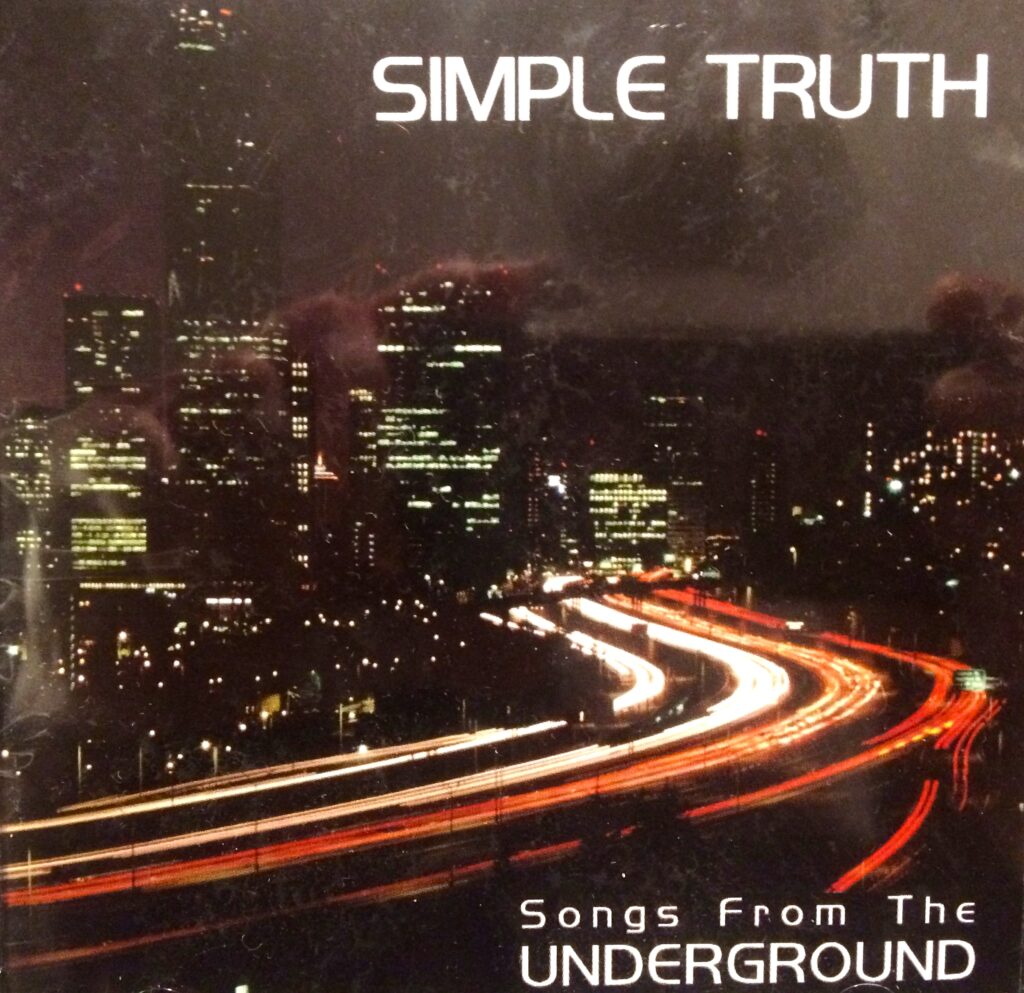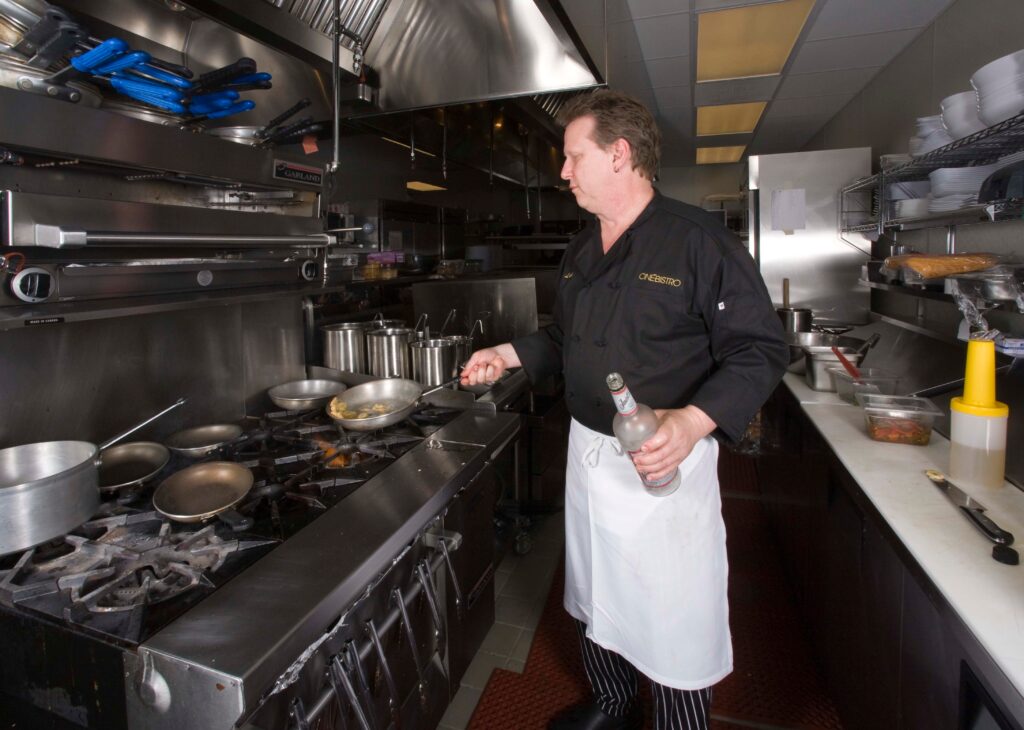
Doing record sessions in LA we knew hits relied on multiple things and that talent was only 1 of the notes needed to play the chord. Luck, connections and marketing abilities also come into play- things creators often lack (I know I do). Established artists have infrastructure in place doing it for them i.e. a record company.
We didn’t worry because Warner Bros did.
That help comes at a high price. For services rendered you earn a fraction on the dollar and often have corporate overlords to appease besides high production costs to repay.
Enter indie artists.
Abandoning the system to go their own way, less established indie artists in need of the above are at a distinct disadvantage. The tradeoff is earning more per unit and retaining control which is appealing to many, so you find yourself building your platform and learning about print costs and press runs (fwiw, under 10,000 is considered a “vanity run”). How to distribute product, create a cover, write copy… It’s also more realistic and efficient for getting your product out instead of trying to get signed. Like publishing a book, a depressingly low number manage to break through.
Almost less than zero.
On one of my own indie projects we were art directors as well. Needing a cover for our record, our solution was smoke a joint and go to a Walmart record dept post midnight comparing every record we liked the look of to see if any patterns emerged. I started at Z, my keyboard player started at A and we met in the middle. Turns out “reversals”, meaning predominantly black backgrounds with hints of primary colors caught our eyes most, so off to clipart we went. Being from Chicago we settled on a night shot of the old S curve on Lake Shore Drive. We sold around 1,000 at gigs, not enough to sustain a career but learned a lot (see photo above).
In the early 80’s with punk ethos in the air, a manager friend of mine got sick of LA bullshit, sold his house and with his 2 clients (John Prine and Steve Goodman) albeit not punks relocated to Nashville. There they formed arguably one of the first indie record companies, Oh Boy Records. They had to deal with all the above but got 80 cents on the dollar instead of 5 and grossed considerably more in spite of the added hassle and less sales. Unfortunately Goodman died shortly thereafter but the label is still owned by my friend’s and now Prine’s estates. RIP Al, Steve and John.
Similarly as a writer without a publisher, it’s DIY baby.
In order to publish anything it’s not enough to write. The same way it’s not enough to play an instrument or cook if you want to make a record or open a restaurant. It may be time to polish off the skills learned on the indie rock scene and apply them to Home Cookin’- The Stories Behind The Food. And while I’d prefer someone else dealing with the minutia, know this:
Publishing most definitely embraced punk rock. Gabba Gabba Hey!

Alan Lake
Chef/percussionist/writer/
Keep on rockin it my friend. You know the beat, play it again😉
Another thoughtful perspective my friend.
Gabba Gabba Hey, Alan, as you tie in your life experiences and unique perspective on publishing in a very entertaining way. I miss the S curve on Lake Shore Drive — Just snaking on by on LSD, Friday night trouble bound.
Great insights Alan. I didn’t know enough about how punk rock had similar challenges to publishing books, but your examples make the point.
Here’s to a future where polishing skills learned from other industries (i.e. music and learning industry) might be useful in the world of publishing.
Same ethos applies to multiple disciplines
На этом сайте доступны интерактивные видео сессии.
Вам нужны дружеское общение переговоры, здесь есть что-то подходящее.
Функция видеочата предназначена чтобы объединить пользователей из разных уголков планеты.
бесплатный эро чат
За счет четких изображений плюс отличному аудио, любое общение становится увлекательным.
Подключиться к публичным комнатам общаться один на один, исходя из того, что вам нужно.
Единственное условие — надежная сеть и совместимое устройство, и можно общаться.